Delirium is a symptom of consciousness conditions accompanied by illusions, hallucinations, visual, auditory, tactile, anxiety, psychomotor agitation, and sleep disturbances. Delirium is a repeatedly diagnosed neurocognitive condition treated by psychiatrists, internists, surgeons, and neurologists.
The characteristics most often used to characterize delirium are disturbances in consciousness and awareness. In the case of consciousness disorder, the patient feels disoriented both in time and space. However, attention disorders involve impairment of the concentration ability.
Delirium is not a mental illness. This condition is a set of symptoms that may appear during various somatic diseases. These symptoms most often appear after discontinuation of pharmaceuticals or psychoactive substances or in the occurrence of poisoning with them.

Consciousness disorders may be caused by one or more causes simultaneously. In many individuals, the delirium![]() causes are multifactorial. The most common causes
causes are multifactorial. The most common causes![]() of consciousness disorders are:
of consciousness disorders are:
The most important risk factors![]() for delirium are:
for delirium are:
The most common symptoms of delirium include:
The course of consciousness disorders is characteristic, most often wavy and variable, with periods of improvement and deterioration. Symptoms most often worsen in the evening and at night. This variability in the severity of symptoms over the day differentiates delirium from dementia, in which the deterioration of cognitive functions is constant and slowly progressive. However, it should be remembered that people with dementia experience temporary disturbances of consciousness.
It happens quite often that transient disturbances of consciousness, especially those without arousal, go unnoticed and unrecognized. They may be missed when the patient only slightly slows down their speech rate and their statements contain vague, imprecise terms and inappropriate associations. Such patients seem helpless, confused and lost. This type of disorder may be a sign of a deterioration of the patient's general condition or the first sign of an undiagnosed somatic disease.
Delirium is an acute disorder with sudden onset that may last from several hours to several hours to several days twelve days. However, it is sometimes preceded by prodromal symptoms, such as fear, anxiety, mood swings, insomnia, or nightmares. Their early diagnosis and appropriate treatment can significantly reduce the risk of developing full-blown delirium.
Consciousness disorders can be diagnosed after:
Special instruments are also used to assess cognitive functions during mental health diagnosis![]() . These tests allow you to assess consciousness, deficits in cognitive processes, memory functions, disorders of coherence and train of thought, perceptiveness, orientation, and motor skills. The most well-known and commonly used tools are mainly used to assess the severity of dementia:
. These tests allow you to assess consciousness, deficits in cognitive processes, memory functions, disorders of coherence and train of thought, perceptiveness, orientation, and motor skills. The most well-known and commonly used tools are mainly used to assess the severity of dementia:

There are also several helpful instruments for assessing only disturbances of consciousness. The most uncomplicated tools include the Confusion Assessment Method (CAM![]() ), which is a short screening tool. It can be used by doctors, including those who are not psychiatrists, to diagnose consciousness disorders in patients from somatic wards, as well as in surgical patients. The test consists of 4 items, and the finding of symptoms from items 1 and 2 and one of the symptoms from item 3 or 4 confirms the presence of consciousness disorders:
), which is a short screening tool. It can be used by doctors, including those who are not psychiatrists, to diagnose consciousness disorders in patients from somatic wards, as well as in surgical patients. The test consists of 4 items, and the finding of symptoms from items 1 and 2 and one of the symptoms from item 3 or 4 confirms the presence of consciousness disorders:
In a patient with suspected or diagnosed consciousness disorders, the basic functions of the circulatory system (blood pressure, heart rate, and ECG) and respiratory system should be monitored. Mandatory laboratory tests include a complete blood count with smear and erythrocyte sedimentation rate, arterial blood oxygen saturation, electrolyte and glucose levels, liver enzyme activity, albumin, creatinine, urea, and acute phase protein levels, and a urine test.
When assessing unclear causes of delirium, the specialists may recommend doing additional examinations, including:
The specialists may also use the International Statistical Classification of Diseases and Related Health Problems (ICD) to make a firm diagnosis of delirium. According to ICD-10, symptoms should be present in each of the following areas:
The above clinical picture is so characteristic that a confident diagnosis of delirium can be made quite quickly. It happens even if the specialist cannot clearly define the underlying cause. In addition to the underlying disease, these symptoms provide evidence of the presence of brain dysfunction (e.g., usually an abnormal electroencephalogram, but not always). If activity slows, additional tests may be necessary if the diagnosis is in doubt.
Treating delirium![]() is difficult and usually requires at least several days for stabilization. The most essential thing is to remove the possible reasons (e.g., blood oxygenation disorders, increased/lowered blood sugar levels, fever). Additionally, psychotherapy and direct coercion or immobilization are used if a person suffering from delirium poses a threat to themselves or others.
is difficult and usually requires at least several days for stabilization. The most essential thing is to remove the possible reasons (e.g., blood oxygenation disorders, increased/lowered blood sugar levels, fever). Additionally, psychotherapy and direct coercion or immobilization are used if a person suffering from delirium poses a threat to themselves or others.
Many specialists recommend pharmacotherapy![]() . Commonly used tranquilizers may enhance consciousness disorders, and sedative benzodiazepines should only be used in patients with alcohol-related delirium because, in classic delirium, they may permanently impair cognitive functions.
. Commonly used tranquilizers may enhance consciousness disorders, and sedative benzodiazepines should only be used in patients with alcohol-related delirium because, in classic delirium, they may permanently impair cognitive functions.
In exceptional circumstances (e.g., intensive care), temporary sedation using some medicaments is permissible. However, any prolonged sedation may increase consciousness disorders and cause permanent neurological deficits.

According to the proverb “prevention is better than cure,” it is worth using delirium prevention![]() , which includes:
, which includes:
A person suffering from delirium may behave irrationally and pose a threat to themselves or those around them. Therefore, when symptoms of delirium occur, they should be provided with constant care, and appropriate conditions in the room where they stay should be ensured. It is worth setting the clock in a visible place and opening the windows to make the patient more aware of the time.
You should also converse with them as much as possible so that they don't forget where they are and who the individuals around them are. It is also necessary to ensure the patient has enough fluids because dehydration is an additional factor exacerbating delirium. In case of aggressive behavior, the caregiver should not raise their voice but slowly and clearly explain to the patient what their condition is and constantly calm them down.
In circumstances where delirium cannot be prevented, supporting the suffering person is most necessary. They may be disconnected and scared; they don't know where or what is happening. Good support for a person in delirium will be:
Table of Contents

Vasovagal syncope is a loss of consciousness that occurs due to brief and temporary hypoxia of the brain. Learn about… read more »
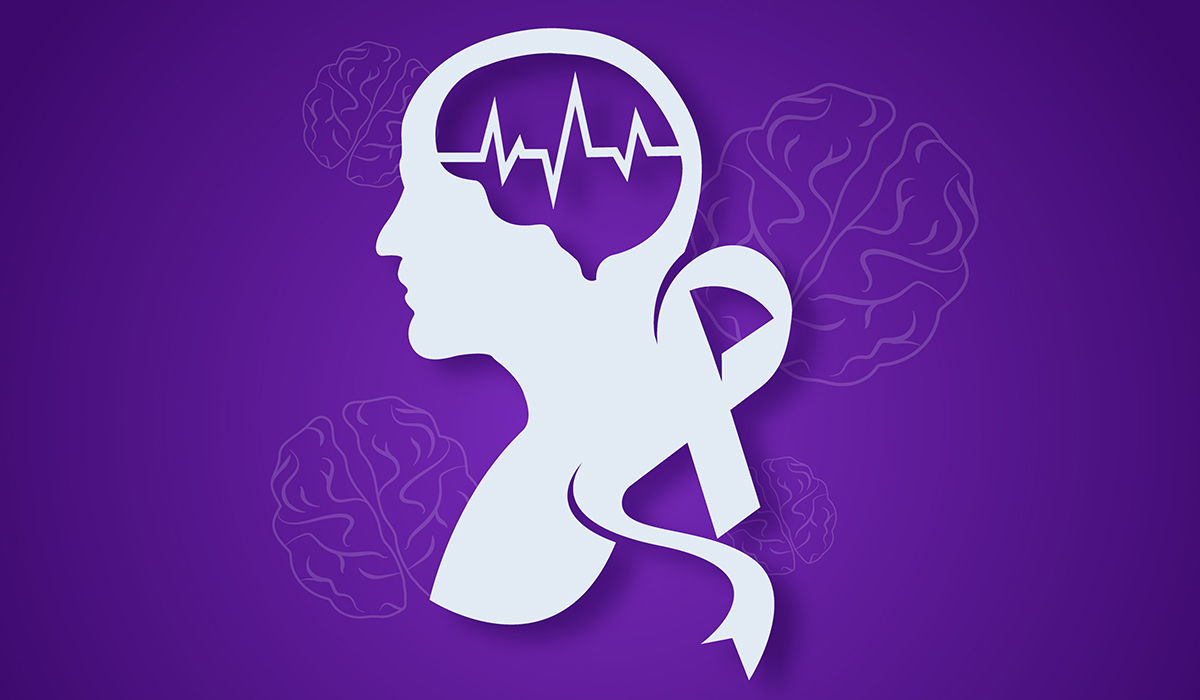
Epilepsy is the result of abnormal functioning of cerebral cortex cells. How does it manifest itself? How is epilepsy diagnosed… read more »
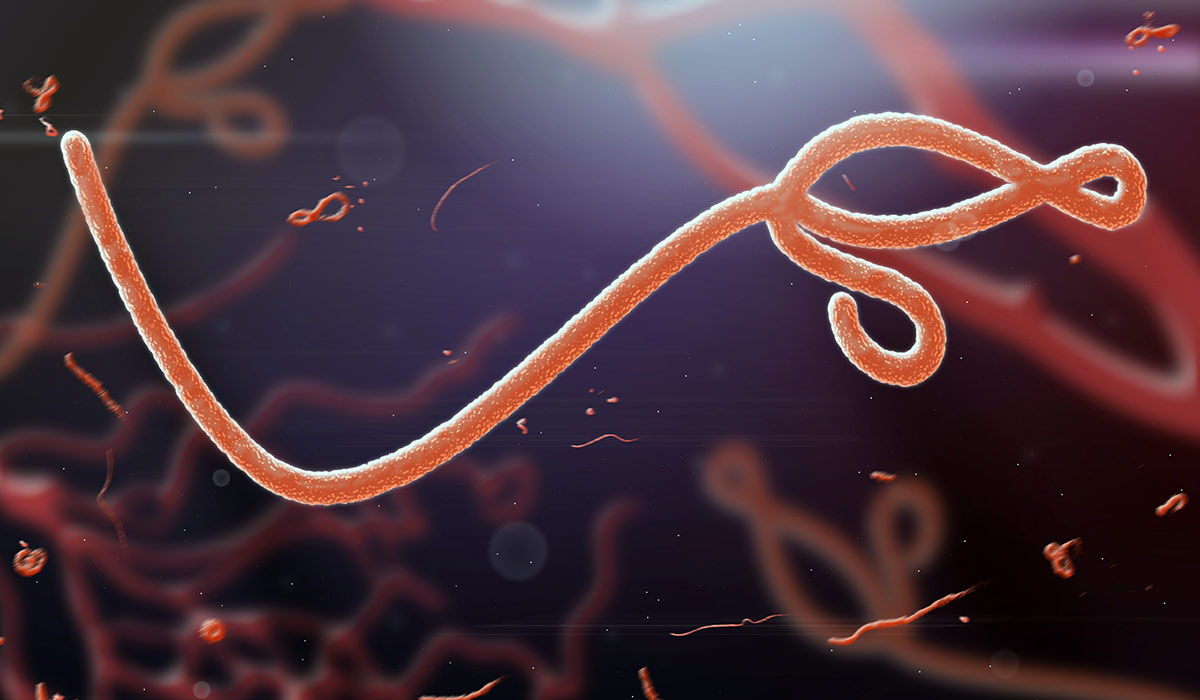
The Ebola virus continues to pose a threat to those living in Africa. Learn about the risks associated with Ebola… read more »
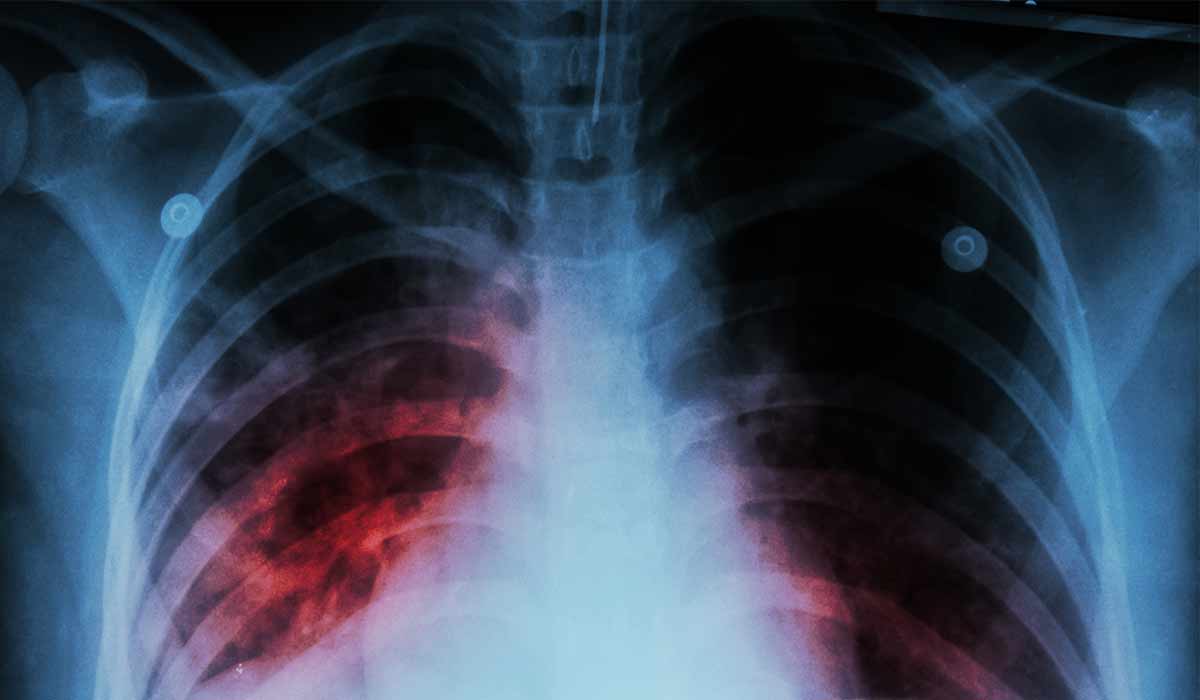
Tuberculosis is an infectious disease caused by mycobacteria. There are many types of tuberculosis with varying symptoms. Learn it all… read more »
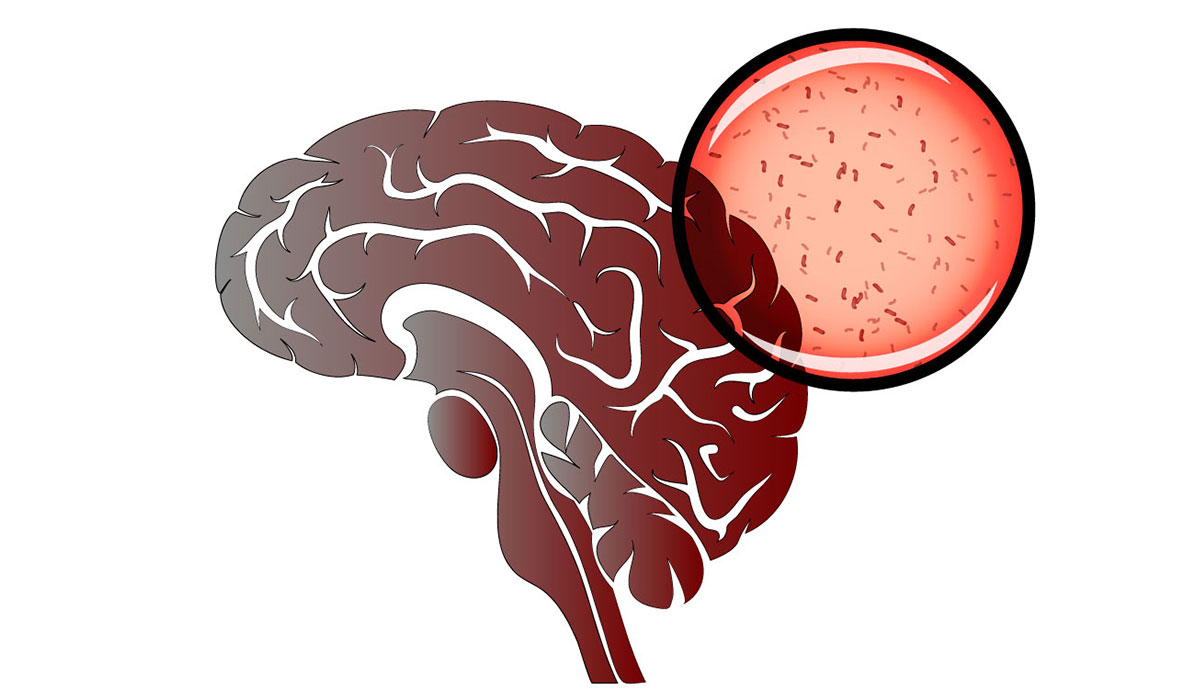
Meningitis is a dangerous infectious disease most often caused by viruses or bacteria. It is an inflammatory condition that requires… read more »

Altitude Sickness is a condition often faced by eager mountain climbers. Dive into our article for more details on this… read more »

Mental health is the foundation of a good life. Learn strategies on how to improve your mental well-being. Create a… read more »

Influenza is a viral infection that can lead to severe and life-threatening complications. It can be confused with a common… read more »
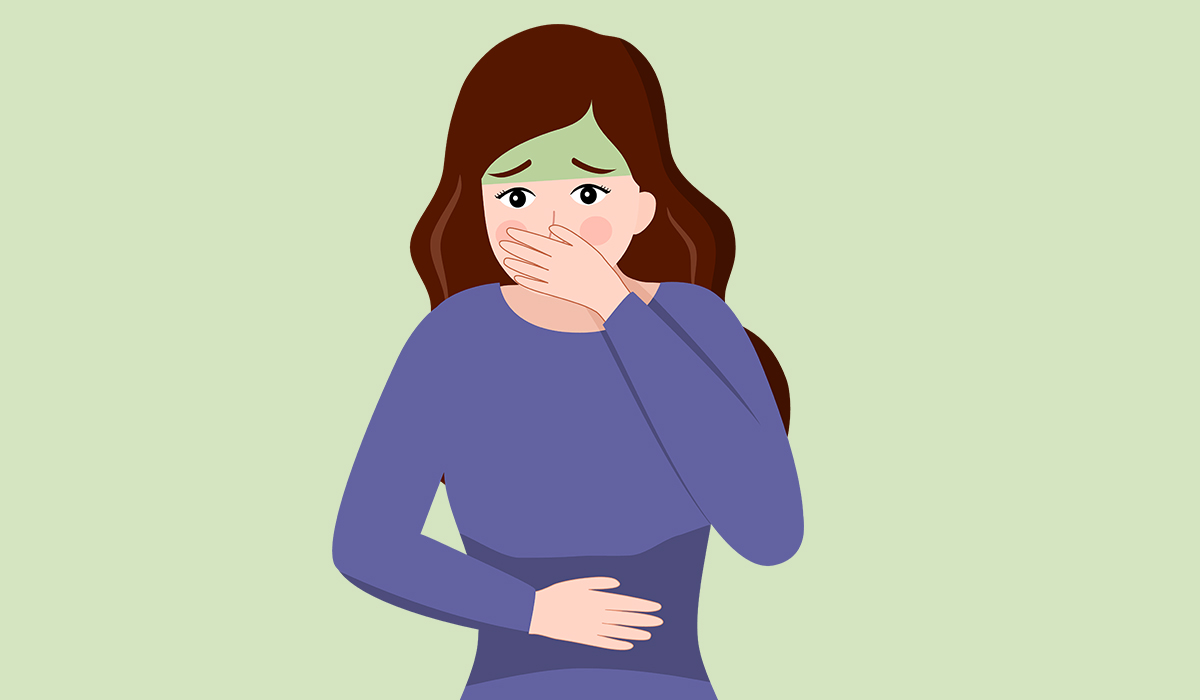
Nausea is a sensation of discomfort in the stomach, typically leading to the urge to vomit. It's a common symptom… read more »